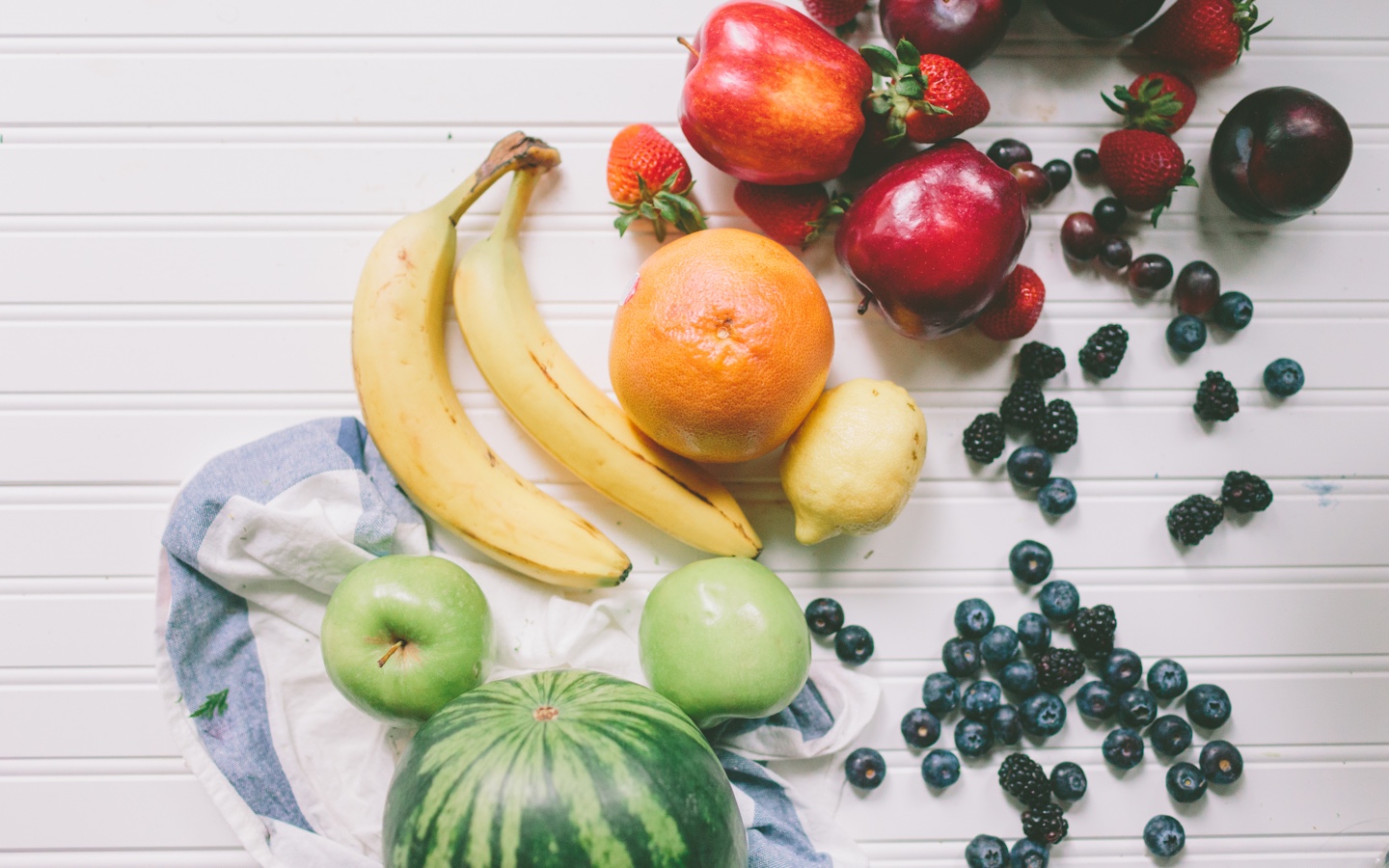Sugar has a bigger impact on our health than just what our waistline tells us. It’s in everything and it’s super addictive, and dialing back how much you consume isn’t easy.
Nutritionists don’t like to talk about sugar in the form of an addiction because they think it’s a slippery slope in accountability. If we’re addicted to something, do we really have the power to quit it?
In an effort to keep patients feeling in control of their health, nutritionists instead like to focus on what you can do to combat sugar addiction, without listing all of the reasons why it’s so hard.
But sometimes, moderation isn’t enough to break the cycle of a dependency on sugar — you have to cut it out all together. And THAT is super tough (especially for me and all those who just can’t say no to their sweet tooth). But experts say it could be the most sustainable way to eliminate your cravings.
I caught up with Trish Marmo, founder of Fitness MOMents to start my journey toward a healthier (and little less indulgent) lifestyle.
“Reducing your sugar intake requires that you implement strategies, so you naturally retrain your palate and start enjoying the taste of real food that isn’t overly sweet.”
— Trish Marmo

Why Is Sugar Extremely Bad for You?
Sugar isn’t just the culprit of many a failed diet, it messes with basically everything in your body. If it were just as simple as a few extra pounds, this wouldn’t be that big of a deal, but we’re talking about chemical changes to your body (and brain) that wreak havoc on your health:
- Hormonal imbalance
- Mood swings
- Insomnia/difficulty sleeping
- Gut bacteria imbalance/bloat
- Increased risk for several cancers
- Increased risk for fatty liver disease
Sugar has more than a nutritional effect on the body — it chemically alters the way our bodies function.
Is Processed Sugar Worse Than Natural Sugar?
Processed sugar is refined, man-made sugar that you get in four-pound bags and dump into a pan of brownies. It’s highly processed and seriously hard for our bodies to break down.
The result is a lot of those excess calories getting stored as body fat, instead of being burned up as they’re turned into blood glucose. And that’s why we love honey.
Honey is a natural sugar and still definitely something you need to eat in moderation. However, it’s chemical makeup makes it easier for our bodies to digest, meaning that less of it gets stored as unused calories and fat.

Artificial calorie-free sweeteners are a tempting alternative and will certainly eliminate your calorie and fat problem with sugar. However, it’s been linked to endocrine system disruption, our hormone release system, and could cause imbalances because of that.
Long story short, natural sugars, like honey and fruit, are preferable to anything processed, but there is no consequence-free sugar — everything has to be eaten in moderation.
How Much Sugar Is Okay?
So how much sugar can you have in a day? Inquiring minds with late-night ice cream cravings might ask.
According to the American Heart Association, the recommendation is 20 grams of sugar per day for women, 36 for men, and 12 grams per day for kids. It goes fast, you guys.
This begs the question then, with sugar addiction such a very real, very persistent thing, is it even worth it to eat that much sugar? I mean, that’s basically a cup of orange juice if you’re a 29-year-old woman.
“Some of us are all or nothing kind of people. When it comes to most sweets, I do better if there are none in the house (out of sight is truly out of mind). Think about where you fall on the spectrum. If that sleeve of Oreos is going to be calling your name, do yourself a favor and don’t bring them home and tell yourself you’ll only eat one or two. That is the very definition of self-sabotage.”
— Trish Marmo

Sugar Detoxing: Does It Really Work?
If you’re like me and literally can’t go 24 hours without sugar, you know this is bad news. Sugar addicts, I feel you, and I’m about to do something crazy.
Some experts recommend cutting sugar out of your diet completely, at least temporarily, to break your brain’s dependency on it. This sugar detox typically takes a few weeks, during which you’ll experience, fatigue, headaches, mood swings, and, finally, sweet relief.
Post sugar detox, the idea is that your body no longer has those cravings as intensely. Fruit starts scratching the itch, your blood sugar levels stabilize, and your mood improves into that of a civilized member of society.
Join me next month for a recap, as I take on a sugar detox with fitness coach Trish Marmo. You’ll get a week-by-week update of what went wrong, and what went right. Stay tuned.
Have you ever cut sugar out of your diet? Tell us what it was like on Facebook or Instagram! @AvocadoMattress and @FitnessMOMents

Shop Pillows
The Essential Organic Pillow Collection
Gentle, breathable, non-toxic support.






